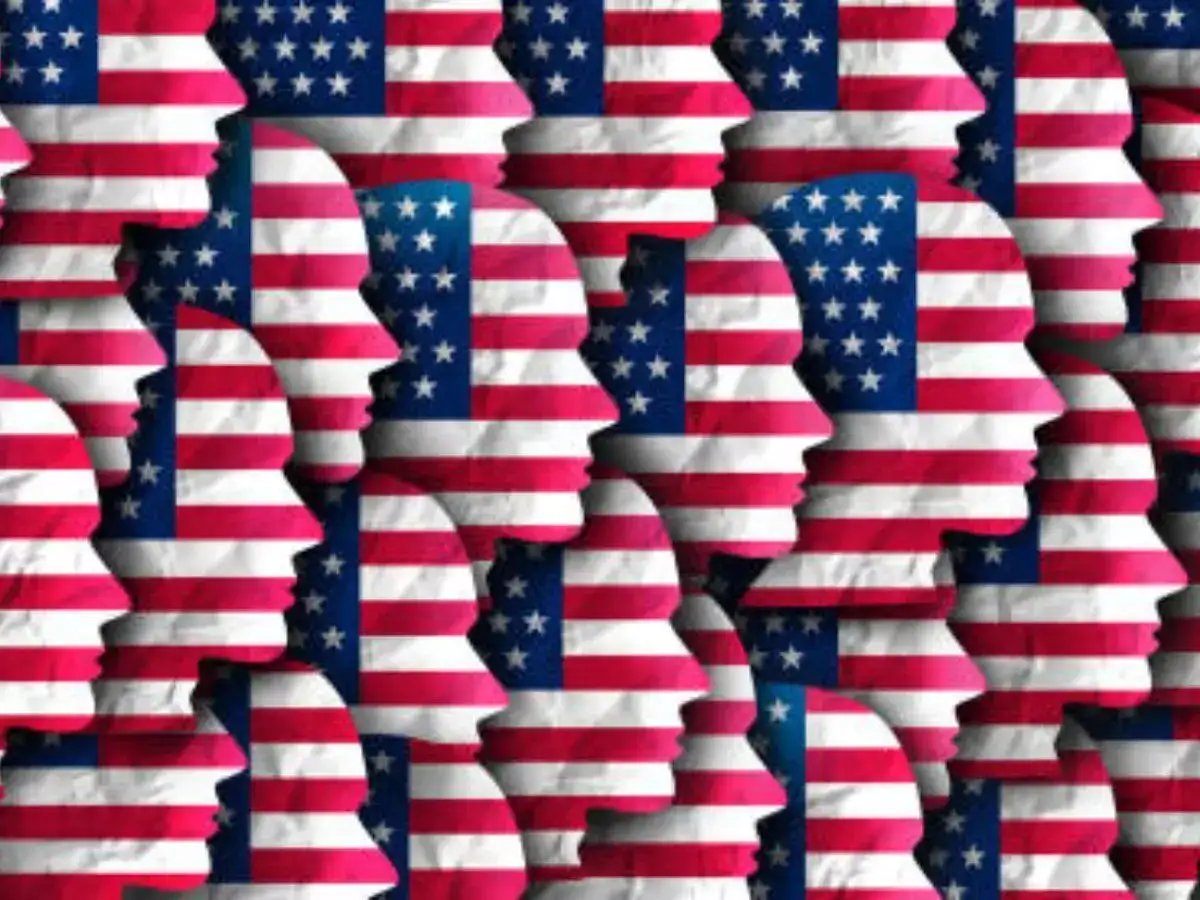U.S. Chamber of Commerce Sues Trump Administration Over Proposed $100,000 H-1B Visa Fee
This lawsuit represents a significant legal challenge to a policy that could drastically limit access to skilled foreign talent for U.S. businesses.

Subscribe to our newsletter and stay informed about latest H1B news, policy updates and and other developments.
Article Summary
The U.S. Chamber of Commerce has filed a lawsuit against the Trump administration, challenging a proposed $100,000 fee on new H-1B visa applications. The Chamber argues this fee is unlawful, overrides federal immigration law, and would make the H-1B program cost-prohibitive for U.S. employers, particularly startups and small businesses. The lawsuit seeks an injunction to block the charge from taking effect, citing harm to its members who rely on H-1B visa holders.
Original Article: hindustantimes.com
[ Sentiment: negative | Tone: factual ]
This summary and analysis were generated by TheNewsPublisher's editorial AI. This content is for informational purposes only; it does not constitute legal or immigration advice.
[ Sentiment: negative | Tone: factual ]
This summary and analysis were generated by TheNewsPublisher's editorial AI. This content is for informational purposes only; it does not constitute legal or immigration advice.
TNP AI: Key Insights
A $100,000 H-1B fee would be a prohibitive barrier for most U.S. employers, especially startups and small to mid-sized enterprises, severely restricting their ability to hire global talent. This directly impacts the tech industry, a major H-1B user, and could force companies to reconsider their talent acquisition strategies within the U.S., potentially driving innovation and jobs elsewhere.
This proposed fee marks an unprecedented escalation in H-1B costs, far exceeding existing statutory fees, and signals a significant administrative policy shift concerning skilled immigration. The legal challenge by the Chamber of Commerce, representing major U.S. corporations, highlights deep industry concern and suggests a protracted legal battle, with the potential for court injunctions that could temporarily halt the policy's implementation.




